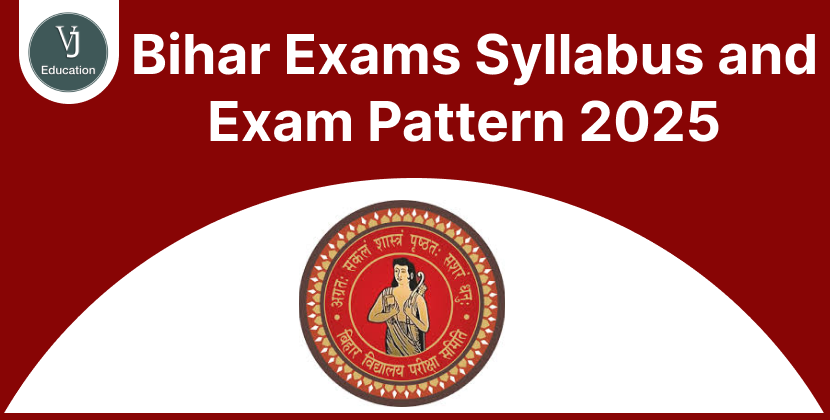The Indian Public Schools' Conference is an association of elite privately managed public schools in India. The schools share a special philosophy of education that focuses on comprehensive development, such as intellectual excellence, moral and ethical character building, developing leadership, and physical prowess and well-being. The conference acts as a group that keeps focusing on the best standards of education and co-curricular activities in its member schools.
These are "private, independent and secular" institutions of secondary education and were established by the government on an annual grant-in-aid. But technically, these are 'private' and 'independent' because the autonomous Boards of Governors manage these institutions, and as such, they are not under any obligation to follow the regulations of the grant-in-code. Technically speaking, an Indian Public School belongs to IPSC. These schools have an identity of their own and cannot be confused with the large number of schools that have freely used the term 'Public School' along with their name.
Focus Areas:
Sports and Extracurriculars: IPSC schools have a real emphasis on sports, debates, music, drama, and everything in between.
All-Round Development: The Conference focuses on balanced education addressing the intellectual, physical, emotional, and moral development of the students.
1. Promotion of Holistic Education:
IPSC is an all-round education, which creates not only an academic personality but also builds up the students' minds, bodies, and spirits within a moral boundary. Such an approach is meant to prepare the student for handling life's experiences outside of school.
2. Leadership Development:
IPSC schools focus on building leadership qualities. Students are trained to take up responsibilities, have decision-making skills, and lead with confidence through debate, student governance, and leadership camps.
These will help them decide better and lead others with confidence.
3. Ethical and Moral Values:
IPSC focuses on educating students in strong ethical and moral principles and trains them to be people of integrity, responsible, respectful of others, and who can deliver social service. This moral education accompanies learning and prepares the child to enrich society with a positive contribution.
4. International Outlook:
The IPSC schools are perceived to provide a global outlook by offering international exchange programs whereby the students get exposed to a model of education at the world-class level. It helps in developing a global mindset in the students and equips them for opportunities not only in India but even abroad.
5. Prestigious Alumni Network:
Many IPSC schools boast of distinguished alumni who have made their marks in politics, business, arts, and sports. Alumni of such schools contribute significantly by mentoring current students while also opening career avenues.

VJ Education

.png)
-1-1.png)
-1.png)

-1.png)

-1.png)
-2.png)

Leave a Comment